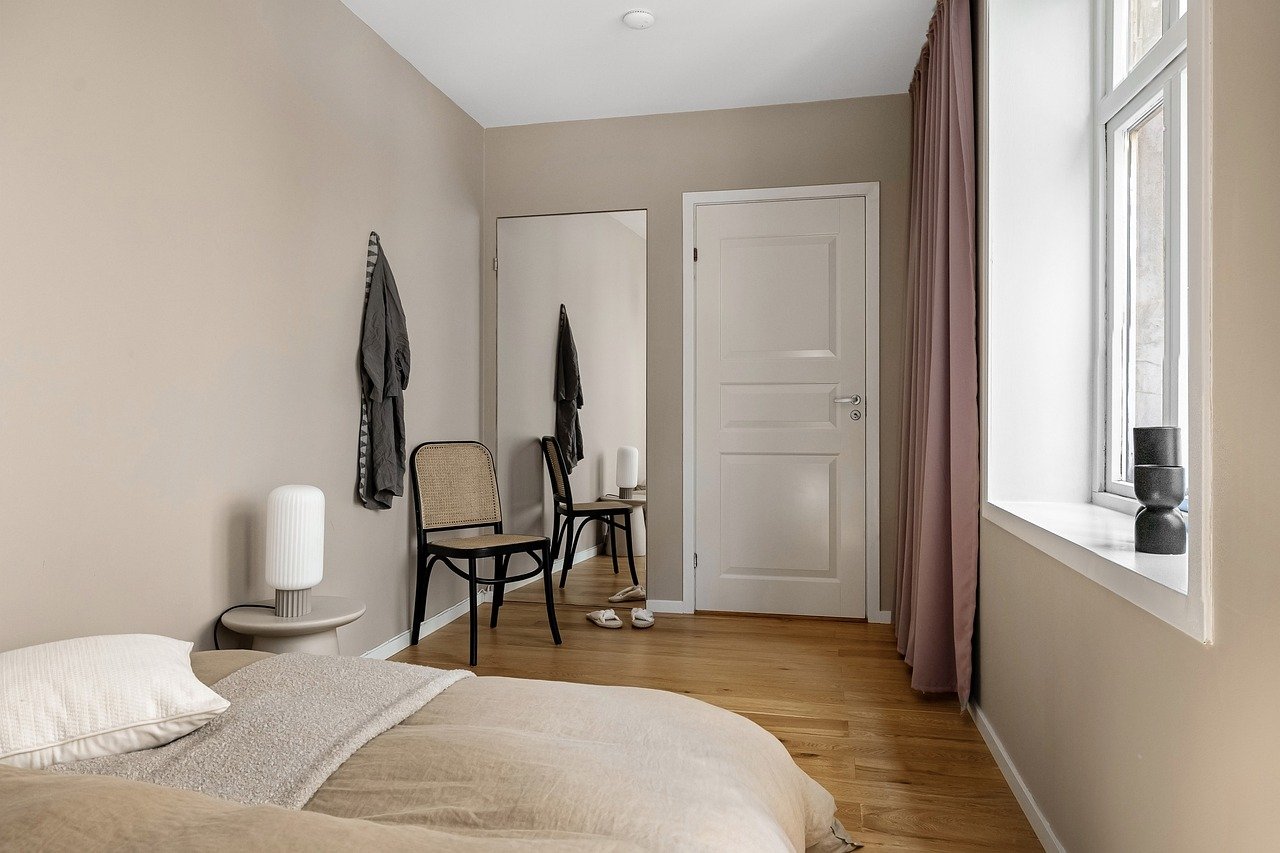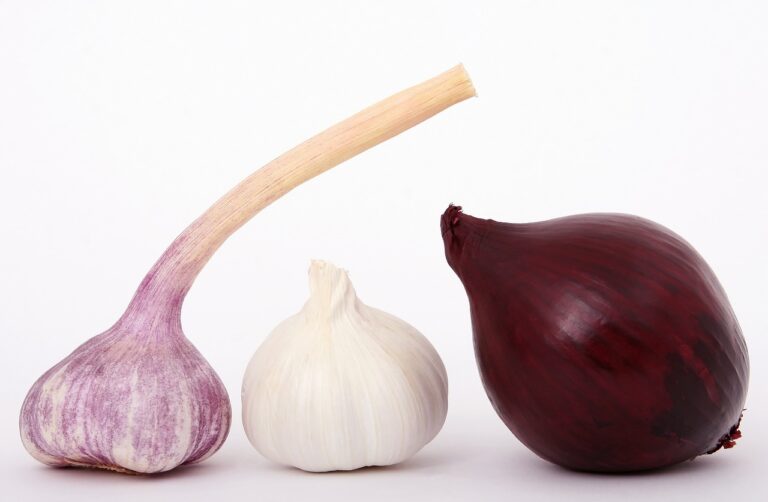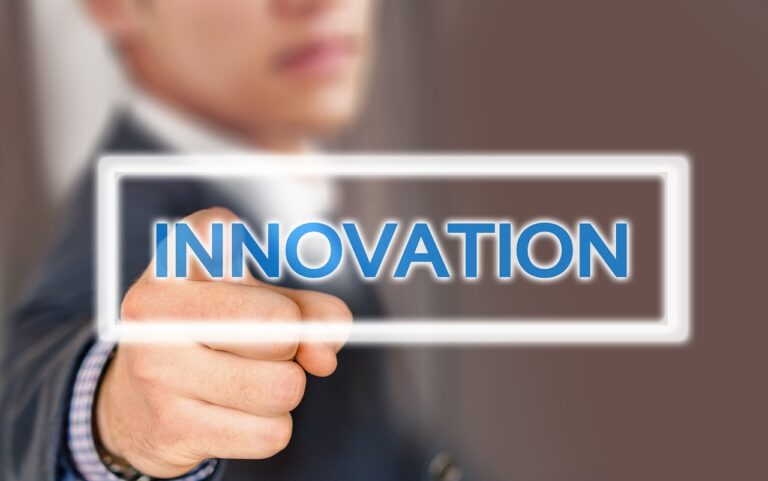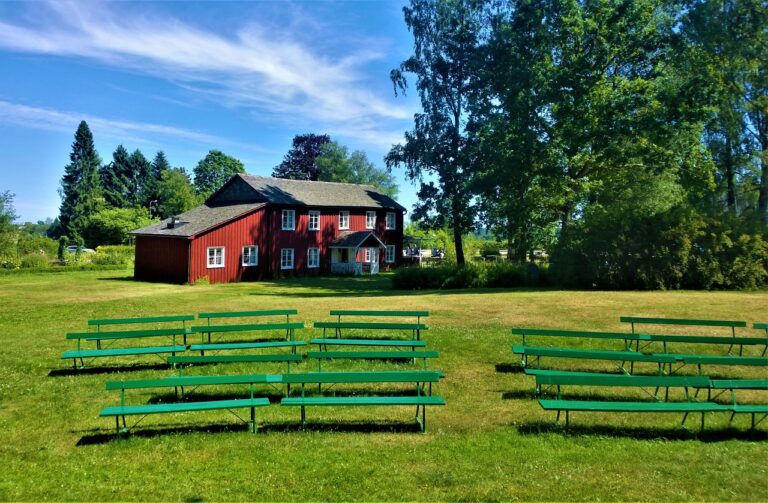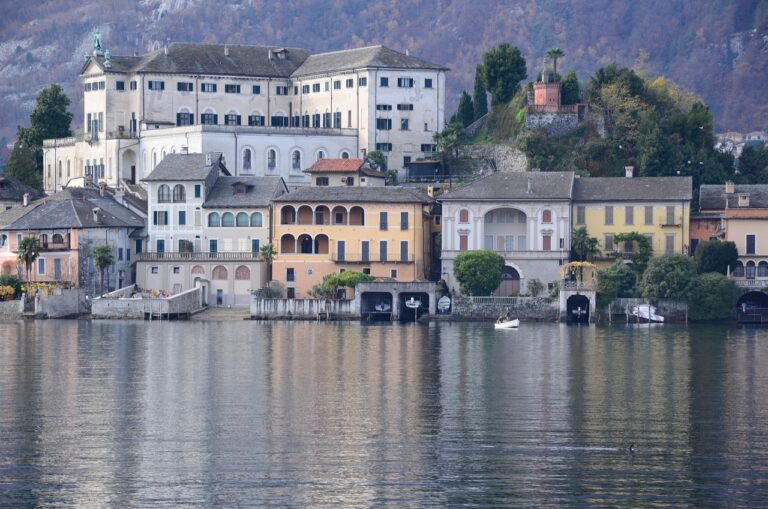Educational Initiatives for Water Conservation in Home Improvement
Water conservation in home improvement plays a crucial role in sustainable living and preserving our planet’s valuable resources. By incorporating water-saving features and practices into our homes, we contribute to reducing water waste and minimizing our environmental impact. From upgrading to efficient fixtures to implementing smart irrigation systems, every small change can make a significant difference in conserving water for future generations.
In addition to environmental benefits, water conservation in home improvement can also lead to cost savings for homeowners. By reducing water usage through efficient appliances and practices, households can lower their water bills and save money in the long run. Making conscious choices to conserve water not only benefits the environment but also helps create a more sustainable and economical living space.
Efficient Water Fixtures and Appliances for Conservation
One effective way to reduce water usage in households is by installing efficient water fixtures and appliances. Upgrading to low-flow faucets and showerheads can significantly decrease the amount of water used for everyday tasks like washing hands and taking showers. These fixtures are designed to maintain adequate water pressure while reducing the overall flow, leading to substantial water savings over time.
Similarly, opting for energy-efficient appliances like washing machines and dishwashers can also contribute to water conservation efforts. These appliances are built with advanced technologies that optimize water usage without compromising on performance. By investing in these water-saving options, homeowners can not only lower their water bills but also contribute to environmentally sustainable living practices.
Implementing Water-Saving Practices in Daily Routine
One easy way to conserve water in your daily routine is to fix any leaks promptly. Leaky faucets and pipes can waste countless gallons of water over time, so it’s important to address these issues as soon as they arise. Regularly checking for and repairing leaks can make a significant impact on your water consumption.
Another simple way to save water is by only running your dishwasher and washing machine when they are full. Running these appliances with smaller loads wastes water and energy. By waiting until you have a full load, you can maximize their efficiency and reduce your overall water usage.
• Fix any leaks promptly to conserve water
• Leaky faucets and pipes can waste countless gallons of water over time
• Regularly checking for and repairing leaks can make a significant impact on water consumption
• Only run dishwasher and washing machine when they are full
• Running these appliances with smaller loads wastes water and energy
• Waiting until you have a full load maximizes efficiency and reduces overall water usage
Why is water conservation important in home improvement?
Water conservation is important in home improvement because it helps reduce water wastage, lower utility bills, and contribute to environmental sustainability.
What are some efficient water fixtures and appliances for conservation?
Some efficient water fixtures and appliances for conservation include low-flow toilets, water-saving showerheads, aerators for faucets, and Energy Star-rated dishwashers and washing machines.
How can I implement water-saving practices in my daily routine?
You can implement water-saving practices in your daily routine by taking shorter showers, turning off the faucet while brushing your teeth, fixing any leaks promptly, and only running full loads in your dishwasher and washing machine.

